By: Christian Conteh
“I still vividly remember the agony of 8 years ago as if it was yesterday. Bitter memories still linger fresh in my mind. I really didn’t want to go through such horrendous pain but because in my community which happens to be a village setting and the fact that all the girls of my age had gone through it, I didn’t have a choice but to follow the community traditions against my wish.”
Adama (not her real name) is a 23-year-old lady in a tiny village in the Northern part of Sierra Leone who was circumcised when she was just 15. Adama, like many African girls and women, is a victim of Africa’s inhumane tradition, Female Genital Mutilation.
Though we were sitting under a mango tree at a secure location in Western Urban Freetown and enjoying the cool breeze, the atmosphere was tense; so I decided to share some personal life challenges I had pulled through. She was amazed at my resilience. When I noticed she was a bit relaxed and comfortable I asked how it all happened?
Adama narrated: “It was a cold Saturday morning; I was struggling to cover myself with the little piece of cloth I had when I heard some women talking outside our house. This is unusual, I told myself. Several questions zoomed through my young mind. What were they doing at our house at such an early time of the morning? Were my parents and I safe?”
She said these questions were prompted by stories of how people had been banished from their village for the most insignificant of offences, going to the farm on a certain day dedicated to praying to God, who they claimed is responsible for the bumper harvest every year.
Adama continued: “Little did I know that they had come for me. One of the women who I recognized as my mother’s elder sister came inside our hut and told me that I should wake up as it was my day to become a woman. Whatever she meant by that sounded strange but exciting for a 15-year-old girl like me. I, however, resisted initially since my parents were nowhere to be found and I thought I needed their approval. My aunt insisted, and so I woke up innocently like a sheep to the slaughter with sleepy eyes and found my way outside.”
She said what she saw outside sent shock waves down her spine.
“I felt overcome by fear, but like someone who had been hypnotised, I could not speak. It seemed my whole body had frozen. Outside, several women dressed in plain white attire and a little over a dozen young girls my age were singing songs and chanting intermittently.
“I demanded to speak with my mother, but I was told she would join us soon. The oldest looking woman who I recognised as one of the community elders assured me I was in safe hands and whatever was going to be done was for my long-term benefit.”
My leg had gone sore with sitting in one position for long. I got up and stretched out the crampy feeling. Adama paused, her eyes still fixed on some pebbles just in front of us. I had brought along some water.
I took it out and handed her a bottle. She accepted it as if she was expecting it. She broke the seal and drank half of it immediately. She was now looking at me straight in the eyes and without getting the full story I started to see the pain in her tender eyes.
“So what happened next?” I quizzed on.
Adama explained: “Well… I was a bit disappointed that all this while my mom was nowhere to be seen, at least to see the state I was in and to help me. All I wanted at that particular moment was to see her so that she could see the pain in my eyes and tell them to let me go. Funnily, years later I discovered she could have been of no help because she approved it as she thought that it was a rite of passage that I should go through.”
So I asked her to take me through the main event when the procedure was done. Her voice had waned at this point and I had to pull myself a little closer to her to avoid missing the copious detail which I was so interested in.
Adama continued: “The singing became louder, as we were taken behind my house and made to sit on a very cold stone which had been moved in the previous night. Because of the fear, I refused to be the first to sit so I stood there staring at the stone thinking of what my fate was. My friend Fatu was a lot more confident, she looked prepared, she blazed the trail by taking a seat. I then watched her go through the cutting.”
I asked whether she meant her friend was circumcised?
“Yes, she was,” Adama replied.
Now the tears rolling down her cheeks had become visible. I was also getting a bit too emotional; I held her hands, tapped her on the shoulder, and assured her it was alright. She protested that she couldn’t go on with her story.
I was determined to get the full story haven to come from as far as the country’s central business district in the capital to the outskirts of the city; I needed to do a thorough job. I gave her time though to take another pause.
According to a 3rd February 2020 publication by the World Health Organisation more than 200 million girls and women alive today have been cut in the 30 countries in Africa and Middle East where FGM is concentrated.
The fifth Sustainable Development Goal seeks to abolish all harmful practices including female genital mutilation (FGM) by the year 2030. Sierra Leone sadly has no proper records of FGM figures.
According to a World Health Organisation Bulletin which speaks to fighting female genital mutilation in Sierra Leone published in 2005 UNICEF estimates that some 90% of Sierra Leonean women are subjected to genital mutilation. The Northern region has the highest prevalence of FGM according to Statistics Sierra Leone’s 2013 Demographic and Health Survey.
Meanwhile, when I saw that Adama had lost the zest she started with telling her story, I spontaneously poured out a few names of prominent and well-placed women in our society who had gone through the procedure and had shared their story with me; she was visibly shocked at my revelation.
She stopped sobbing and wiped away her tears and with some seeming fresh vigour continued her story.
“This moment I am about to share is one period that is still fresh in my mind and I will surely take this memory to my grave,” she paused. I gave her an assuring smile, and she went on.
“Immediately after Fatu it was my turn. I was perspiring all over with mixed feelings of fear and anxiety. They took a piece of cloth, tied it around my eyes, and held my head back. They put another piece of cloth in my mouth so that I could bite it during the entire process.
According to what I was told by one of the women who looked like the eldest woman in the group, the cloth was meant to ease the pain. I could feel my heartthrob as if it was going to fall off very soon. I had not experienced anything as scary as this before so I did not know what to expect.
“I started a fight in a desperate attempt to free myself from their grip, and I was expecting to at least be given the opportunity to see what was being done to me. But the more I fought the firmer what felt like a thousand hands kept me in position. A couple of other women held my legs so tightly that I could hardly move a muscle.
“The singing and chanting in the background continued unabated. I felt that they were celebrating my pain. Later on, I was made to understand that the real reason for the songs was to drown the cries so that nobody can hear me wailing.”
Rugiatu Neneh Turay is the Founder and Director of the Amazonian Initiative Movement (AIM) an organisation that is doggedly poised to transform the traditional Bondo Society in order to maintain our culture and tradition. Her campaign for Bondo without cutting has been piloted in Port Loko District, North of the country. The first alternative rite of passage in Sierra Leone in December of 2019 has been commended by many.
“I want people to know that I am part of the Bondo society and I like it, but I hate FGM because of my experience and that of other women and children which I witnessed. We still have the highest infant mortality rate in the world but yet we are afraid to talk about FGM. If we don’t talk about FGM it will be difficult as a country to address infant mortality because one of the things promoting that is FGM,” Rugiatu Neneh Turay said.
According to AIM, Sierra Leone has more Bondo bushes than schools and hospitals. To tackle this anomaly AIM is implementing a project called ‘Replacing the Bondo bush with schools, working with children and communities that have agreed to replace their Bondo bushes with schools.
Adama had taken a well-deserved break, she was smiling this time and I was happy that she finally felt relaxed. My approach worked. “So how would you personally describe the actual cutting? Give me a mental picture of what the feeling was like?” I inquired.
Adama looked me straight in the eyes for a few seconds and gently said, “The pain I felt cannot be described, thinking of it alone brings cold shivers running through my spine. It was intense but quick. Think of someone using a sharp razor to slice off a piece of your ears, that’s what it felt like between my legs.”
I opened my eyes wide as I tried to visualize the pain, sympathy turned empathy. “Did they use a blade for the procedure?” I asked.
“Well… am… my eyes were still tied so I cannot ascertain,” she answered.
“So… It was done,” she interrupted before I could ask further, “I was circumcised.”
Her tone suggested she wanted some amount of closure and I was determined to give her that. She sighed heavily.
“I could not control the tears from my eyes after that process and the magnitude of the pain that I was feeling. The pain I was going through was unbearable. So many questions were going through my head, what will happen after this? Will this pain ever leave my life? Will I be able to walk again?” Adama explained.
Mrs. Josephine Conteh is a Nursing Sister with over 30 years’ experience in female reproductive health. She says, “Female Genital Mutilation (FGM) has no known health benefits, and it harms girls and women in many ways. It involves removing and damaging healthy and normal female genital tissue and interferes with the natural functions of girls’ and women’s bodies.”
According to Josephine, immediate complications can include severe pain, shock, hemorrhage (bleeding), tetanus or sepsis (bacterial infection), urine retention, open sores in the genital region, and injury to nearby genital tissue. Long-term consequences can include recurrent bladder and urinary tract infections; cysts; infertility; an increased risk of childbirth complications and new-born deaths and the need for later surgeries.
FGM is recognized in numerous international and regional human rights instruments as a violation of the human rights of girls and women. The practice violates a person’s rights to health, security, and physical integrity, the right to be free from torture and cruel, inhuman, or degrading treatment, and the right to life when the procedure results in death.
There is currently no national legislation in Sierra Leone that expressly criminalises and punishes the practice of FGM. The Constitution of Sierra Leone (1991) is very limited in its commitment to equality and protection of human dignity; it also does not specifically address violence against women and girls, harmful practices, or FGM. It only states that ‘no person shall be subject to any form of torture or any punishment or other treatment which is inhuman or degrading.’
In July 2013 a review of the Constitution was launched, and a total of 134 recommendations were put forward by the people of Sierra Leone via a review committee. Sadly, over a hundred of these recommendations were subsequently rejected by the Government.
On a local level, in some chiefdoms (including in the districts of Bo, Bonthe, Kambia, Kailahun, Port Loko, Pujehun, Western Area Rural, and Western Area Urban), Paramount Chiefs and local practitioners (Soweis) have signed ‘Memoranda of Understanding’ (MOUs).
These agreements ban FGM for girls under the age of 18 and require the consent of women over the age of 18. These MOUs are entirely voluntary; though a positive step forward, have no legal standing.
Adama was still sobbing.
“It’s all over now dear,” I assured her, then I asked a very insensitive question that I still regret to date. “Would you allow your daughter to go through the procedure?” She gave me a stern look that seemed like my question was unnecessary.
“Definitely not; not even my worst enemy should be subjected to such an inhumane treatment.” She responded firmly.
Adama’s story fits into the larger stories of many African girls generally and Sierra Leonean girls in particular, many of whom have gone through the horrifying experience of being painted with the mask of beauty. With the compelling story narrated it is time Africans started mounting robust campaigns against this cruel tradition so 23-year-old Adama and her compatriots will be comforted and given a sense of closure


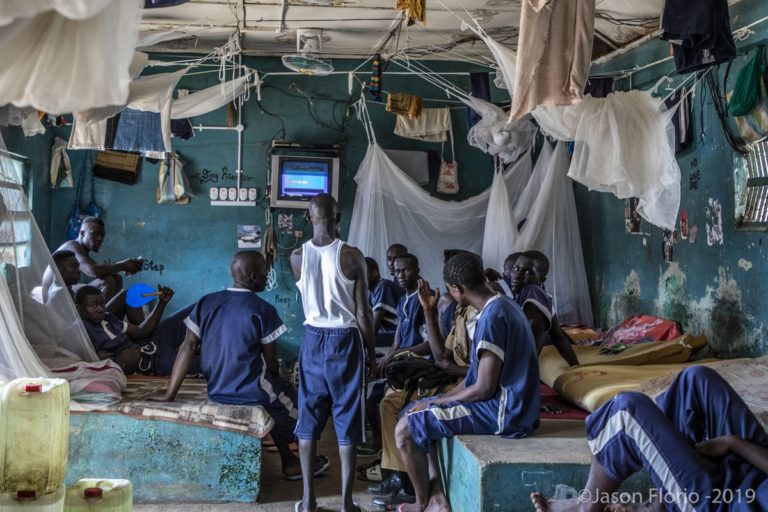




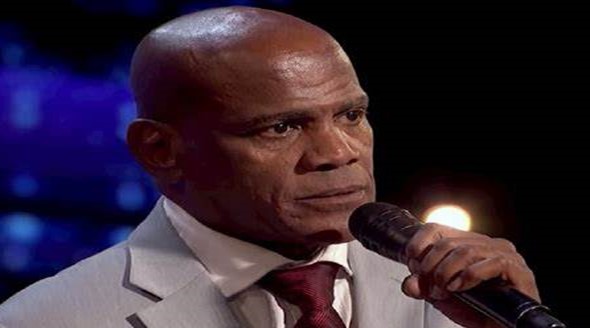



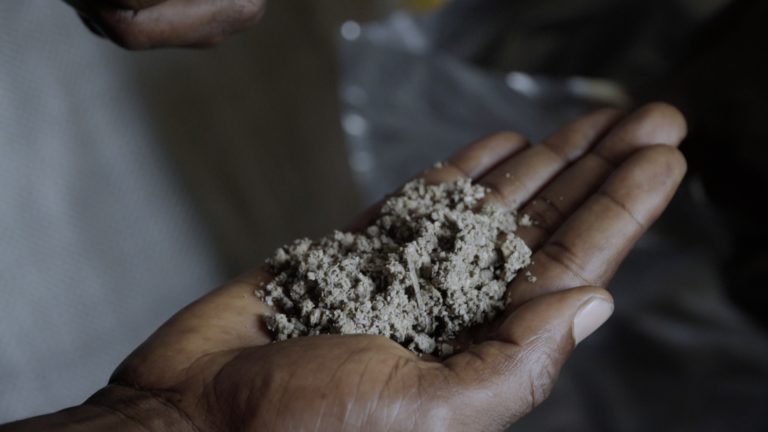
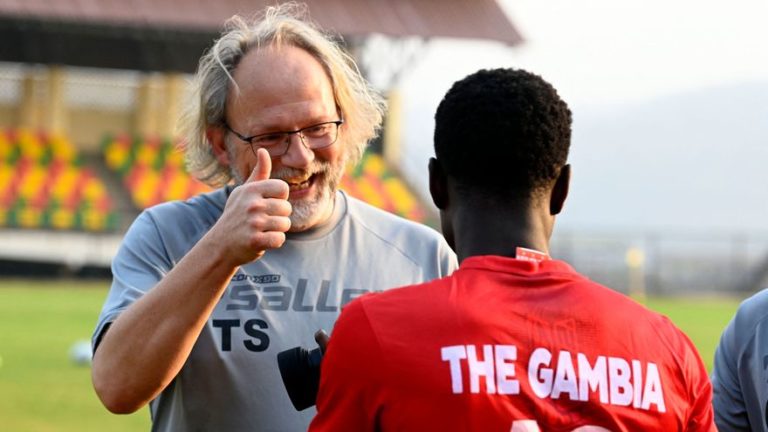

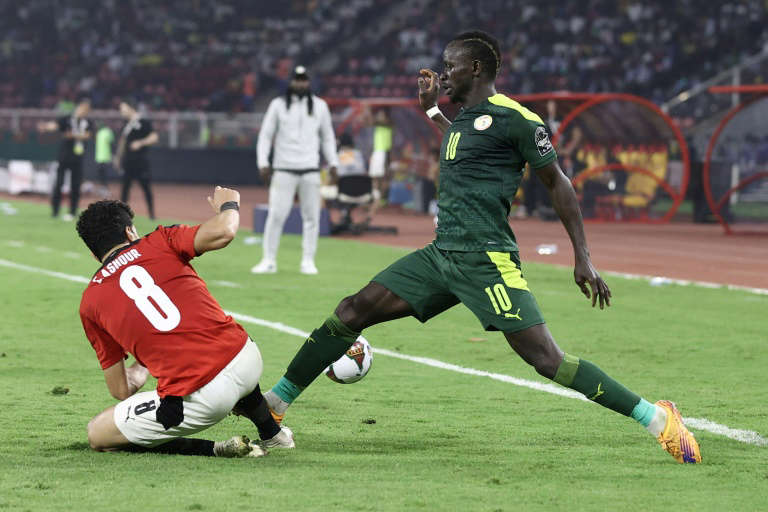



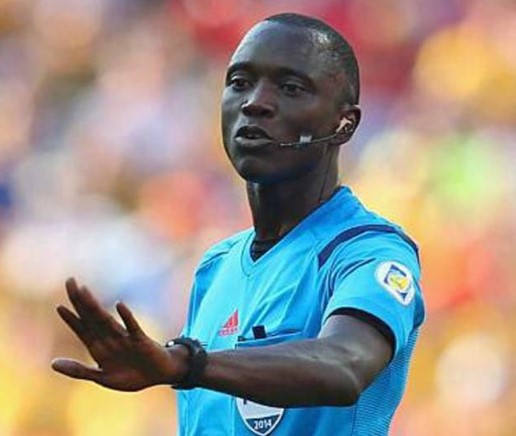
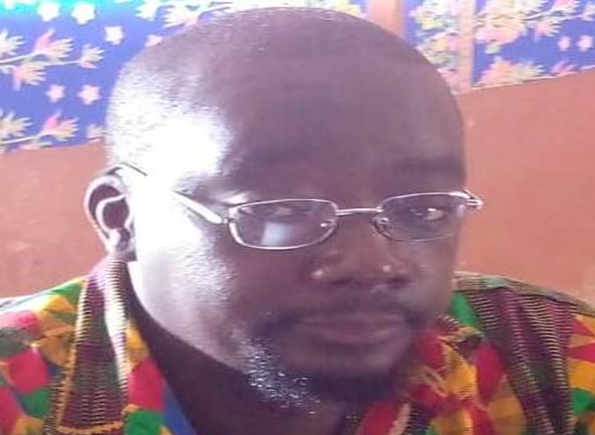
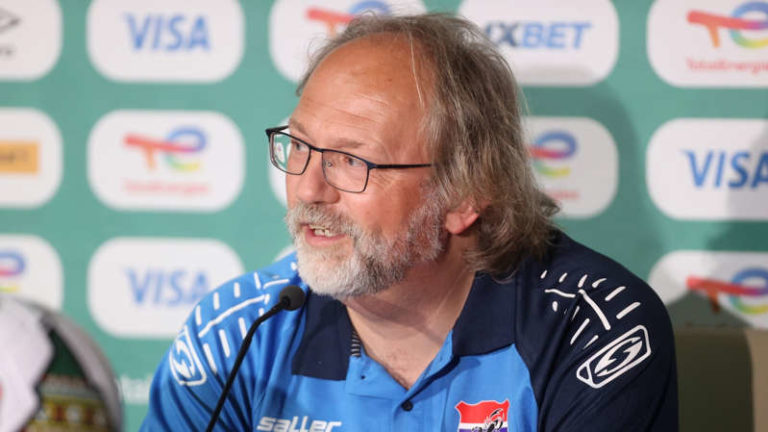
In Support of the Women’s Bill and Hon. Touma Njai
By: Madi Jobarteh
It is with sadness and disappointment to notice the many voices seeking to impugn the ongoing constitutional amendment process aimed at catering for more seats for women and persons with disabilities (PWDs) in the National Assembly. Some have said that the mover of the bill, Hon. Touma Njai is on a self-serving agenda. Some even ridiculously question why she did not come up with this initiative five years ago but now.
Even more sadly, others have said that this initiative will only give opportunity to elitist women at the expense of the ordinary hard working yet suffering masses of our women in the farms, markets and homes. Others have dismissed the entire initiative on the basis that these elected women will never stand for their fellow women when they are in parliament.
Indeed, given history and politics in any society, one can raise so many doubts and questions, some of which can be indeed genuine and necessary. But to be utterly cynical because of the past and present prevailing circumstances will not serve any society. After all, governance is a process the quality of which depends on the quality of laws, strength of institutions, active citizen participation and effective leadership.
I can vouch that Hon. Touma Njai is not seeking selfish interest with this bill. She cannot use this bill to gain re-election. She genuinely believes in the need to enhance women’s quality participation in politics and increase their representation in decision making structures in the country. One may disagree with her on any issue or approach, but she has no ulterior motive with this bill other than to serve the best interest of women in particular, and the society at large. She has always been positive on women’s empowerment!
Those who critique this bill must ask themselves how we can bring about equal participation and representation of men and women in this society? Indeed, the Constitution has guaranteed the right to equality and participation in politics. There has been a Women’s Bureau since 1980. In 2010 the Women’s Act was created. In 2019, the Ministry of Gender, Social Welfare and Children was also created. Yet until today, after half a century of Independence, women continue to face marginalization, disempowerment, abuse, exclusion and inequalities in our homes, communities, workplaces, power and across the entire society. Why?
We know that since 1960 when Augusta Jawara became the first Gambian woman to stand for election, even though she did not win, to Nyimsata Sanneh Bojang who became the first woman to win an election in 1982, women continue to be hugely under-represented in the National Assembly. Currently there are only three women elected NAMs. The country has never had a woman president. Only two women ever vied for the presidency, Isatou Touray and Marie Sock Jobarteh. All political parties are led by men with few having women as deputy party leaders.
Therefore, those who ridicule this bill and Touma, should ask themselves how on earth could his country ever bring about power equality among its two largest population sectors – men and women, such that none is disadvantaged purely because of their sex. Meantime women form the majority in this society. Funnily, many of those who question this bill and Touma are in fact men, thus raising the question as to how much they know and feel about gender inequality as Touma who is indeed a woman! She who feels it, knows it.
A bill like this is not meant to magically and automatically at once change the status of girls and women in this country. There are huge social, economic, cultural and political beliefs, practices, and structures that stand in the way of women and equality. Thus, this bill, like the Constitution itself or the Women’s Act or the Women’s Bureau and the Ministry are part of the process of changing that long and deeply unjust narrative of a society to become more just and equal.
To achieve that is not the job of only Touma Njai or the 14 women and the two persons with disabilities who will be elected when this bill is passed into law. Rather it means the entire society – citizens, government, political parties and indeed every CSO, community, institution and organization will have to work hard to remove all of the structural and immediate barriers to equality, justice, empowerment and progress.
Thus, before one raises all sorts of innuendos, cynicism and outright condemnation, we should rather recognize that our country has not been on a just foundation since Independence in 1970. We are a sovereign republic in law, but we are yet to obtain sovereignty – i.e., equality and dignity – in practice for our all citizens. It is initiatives like this that will serve to facilitate the transformation of society. But that transformation does not lie only on the President or National Assembly or political parties or individual NAMs alone. Rather all citizens have a right and duty to achieve that transformation.
Therefore, if we condemn this bill and chastise Touma Njai for it, what is it that we wish to offer? Do not just raise questions and doubts and offer high-sounding intentions and hopes. In practice, how do we wish to really change this society, positively? Let us exercise our minds to that. Surely, it is not that every woman or PWD elected will become that ideal freedom fighter for women and persons with disabilities. There will surely be disappointments and betrayers among these elected women and PWDs. But there is also the opportunity for voters to remove such non-performing NAMs in the next election. That is also a duty of the voter.
I wish to therefore call on all citizens to support this bill to form part of the initiatives that any society will take in order to bring about equality, justice and freedom hence equal development to all. Everyone has a right and duty to make the Gambia a just and equal society. Let us critique this bill with a view to improving it or offering a better alternative. But let us not attack the bill and Touma just to satisfy one’s cynicism or dislike for Touma or one’s disdain for the political leadership in the country.
For The Gambia Our Homeland